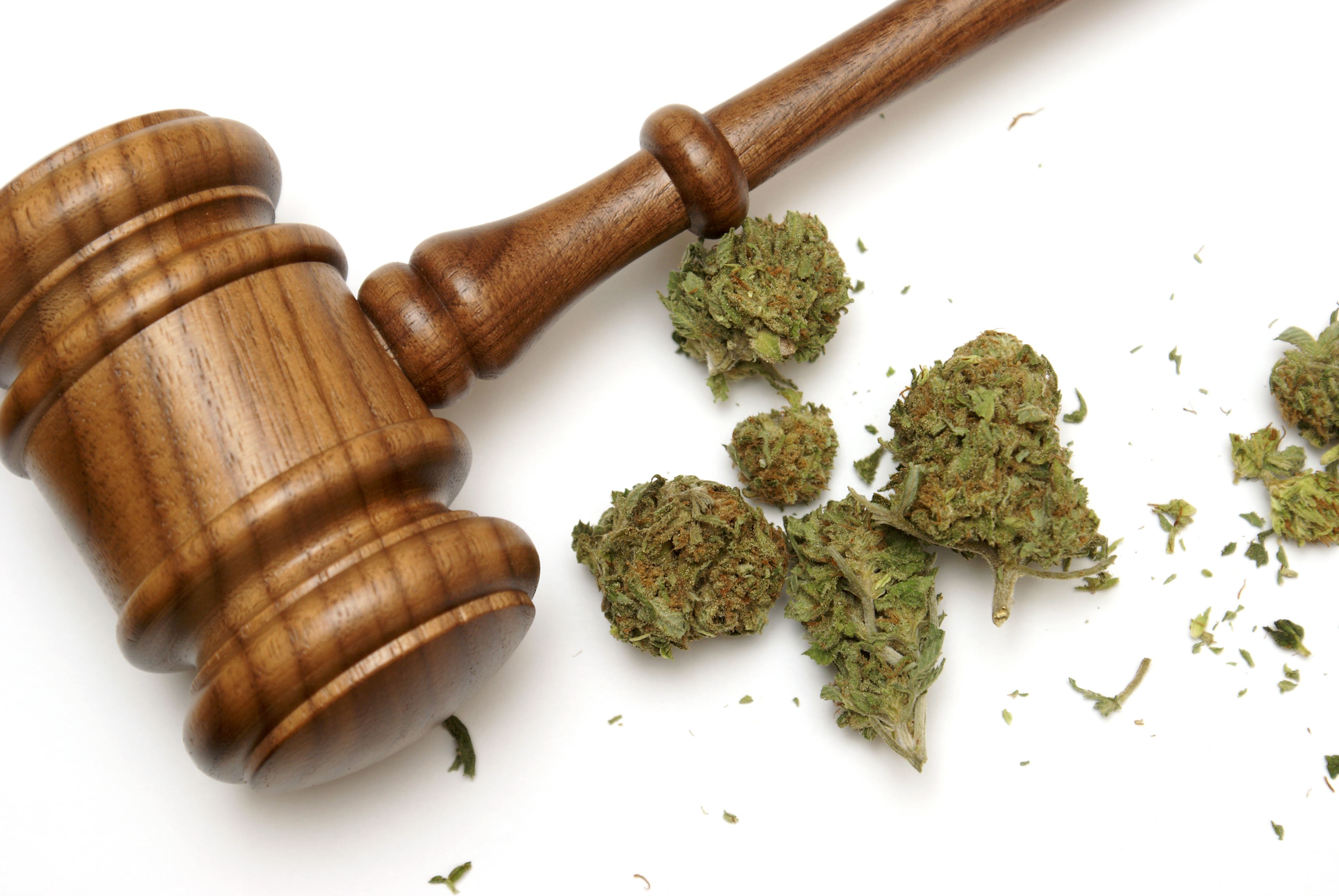Workers' compensation insurers may now be held responsible for reimbursing the cost of medical marijuana in New Hampshire. That’s according to a NH Supreme Court decision issued March 2, 2021, which held that federal law does not preempt such reimbursement.
In Appeal of Andrew Panaggio, Panaggio, a qualified patient of NH’s therapeutic cannabis program with a valid NH cannabis registry identification card, sought reimbursement through workers’ compensation insurance for the cost of his medical marijuana. The carrier argued that it was not reasonably or medically necessary, and the first level hearing officer sided with the carrier. Panaggio appealed to the Compensation Appeals Board, which upheld the lower level decision on the grounds that “such reimbursement is not legal under state or federal law.” When Panaggio first appealed this decision to the NH Supreme Court, the Court ruled that an order to reimburse medical marijuana did not violate state law and remanded the matter back to the Compensation Appeals Board. The Compensation Appeals Board again denied the reimbursement claim, stating that federal law preempted such an order. Panaggio again appealed to the NH Supreme Court.
After conducting a thorough analysis of federal preemption questions, the Court determined that there is no preemption: (1) There is no liability preemption because the order for reimbursement does not directly conflict with federal law as the federal law does not make insurance reimbursement for an employee’s purchase of medical marijuana a criminal offense. (2) There is no obstacle preemption because the federal government would still be able to enforce the law. That is, the federal government could still prosecute Panaggio for possession of marijuana, despite the Compensation Appeals Board ordering the carrier to reimburse Panaggio.
In sum, when faced with a request for medical marijuana reimbursement, workers’ compensation carriers must evaluate it the same way they would evaluate any medical prescription. They must evaluate whether the medical marijuana was medically and reasonably necessary with respect to treatment of the industrial accident.
Click here to read the full decision.



